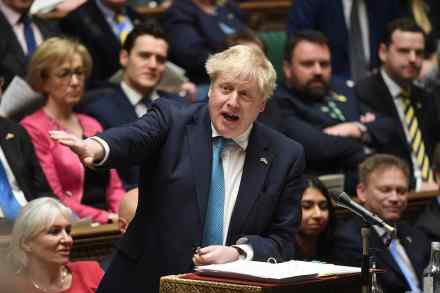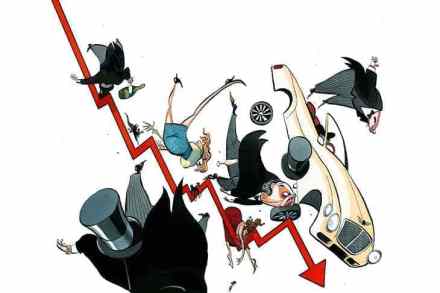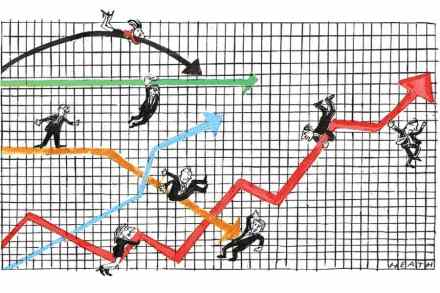From fracking to net zero: ten energy myths busted
This week we will find out how government intends to end any UK reliance on Russian energy and tackle rising household bills. While the war in Ukraine has brought the problems with our energy policy into sharp relief, it has highlighted issues that have been decades in the making. The government’s long-awaited ‘energy independence plan’ has been delayed, not just by wrangling between No. 10 and the Treasury over how it will be funded, but because the Conservative party is fundamentally split on the best way forward. Business Secretary Kwasi Kwarteng is a sworn enthusiast for green energy sources, yet Brexit Opportunities Minister Jacob Rees-Mogg has urged Boris Johnson to




















